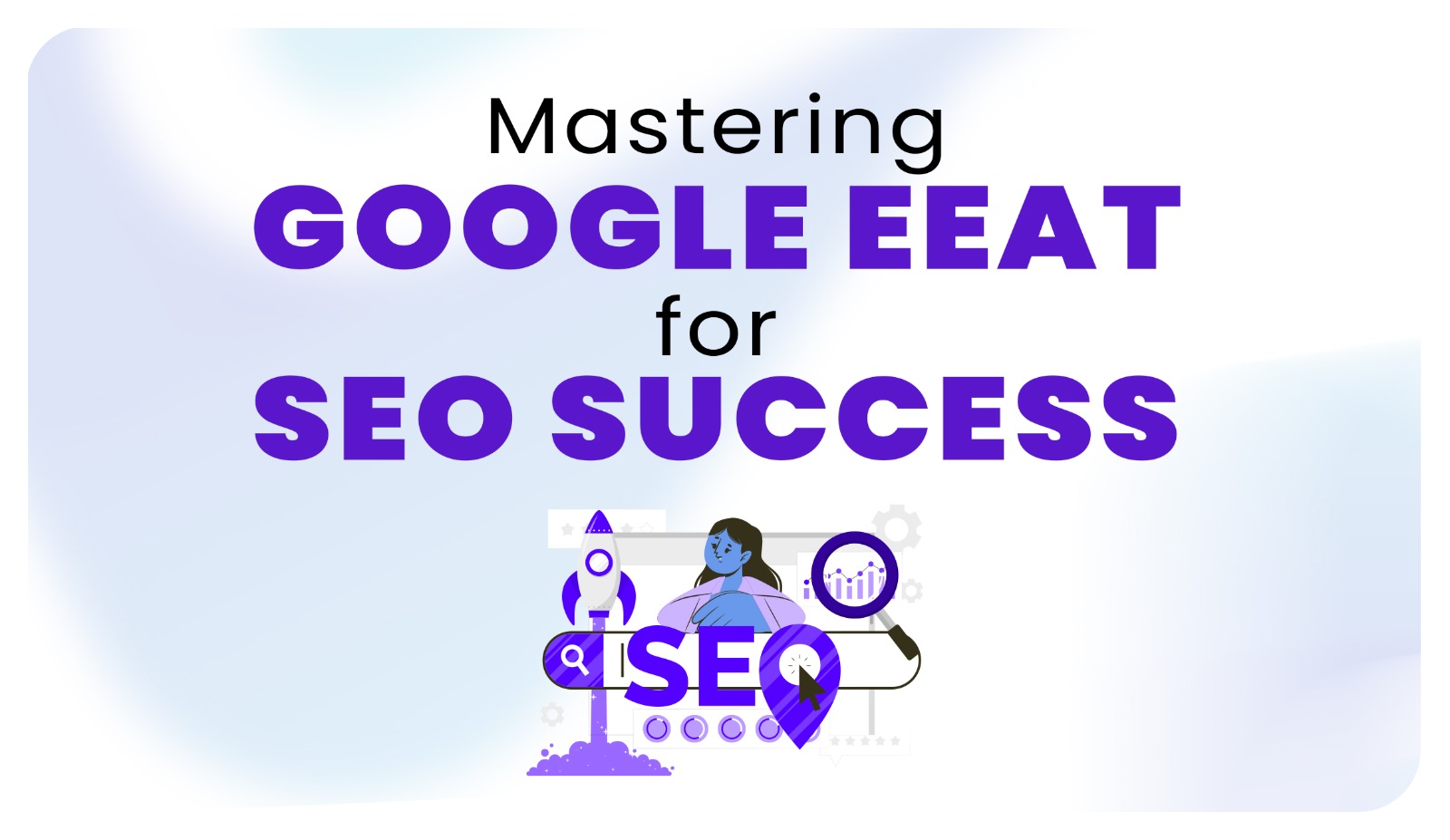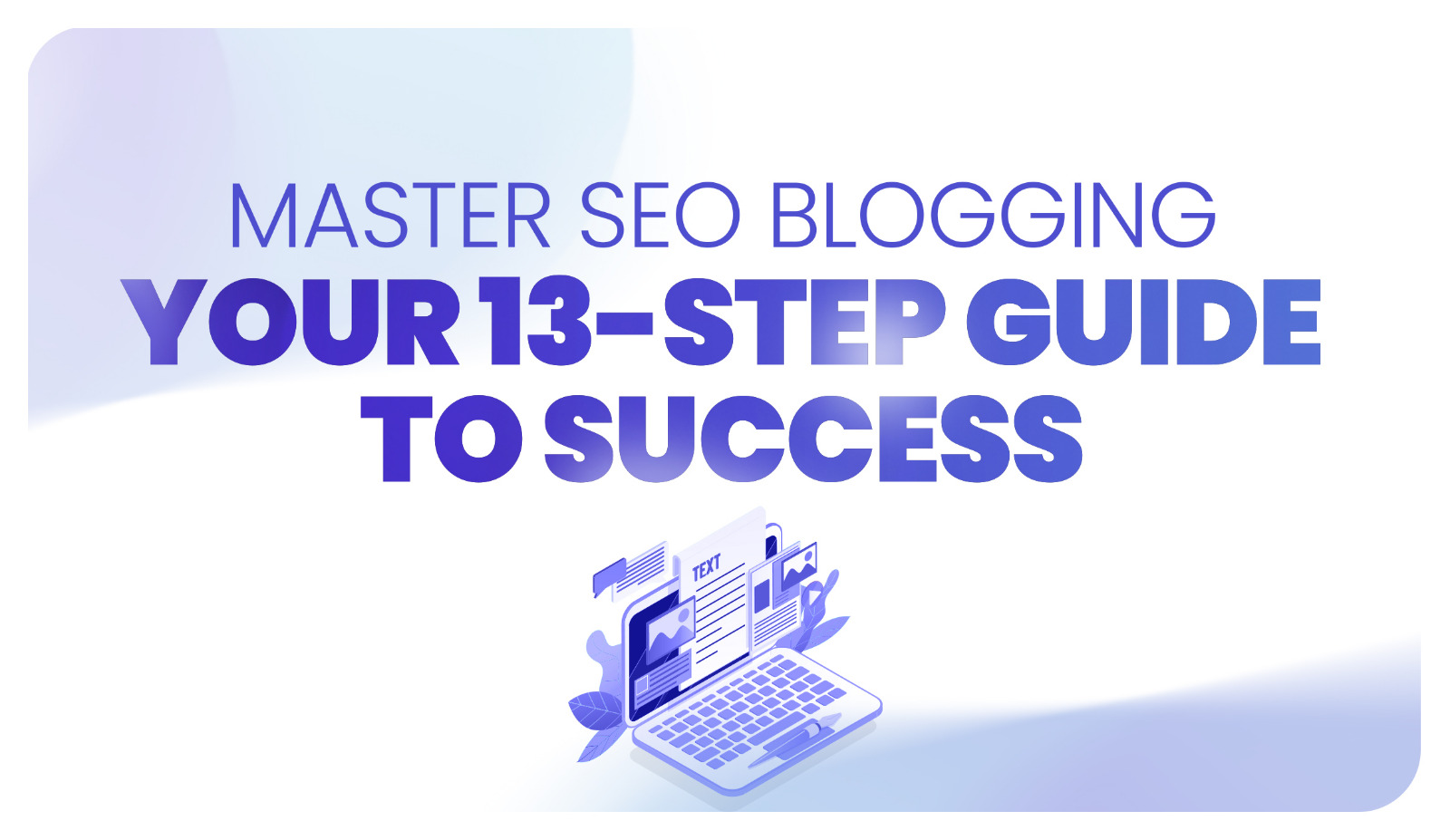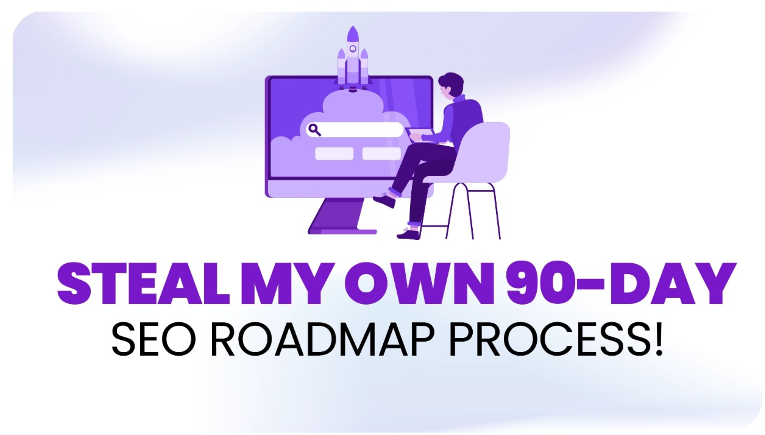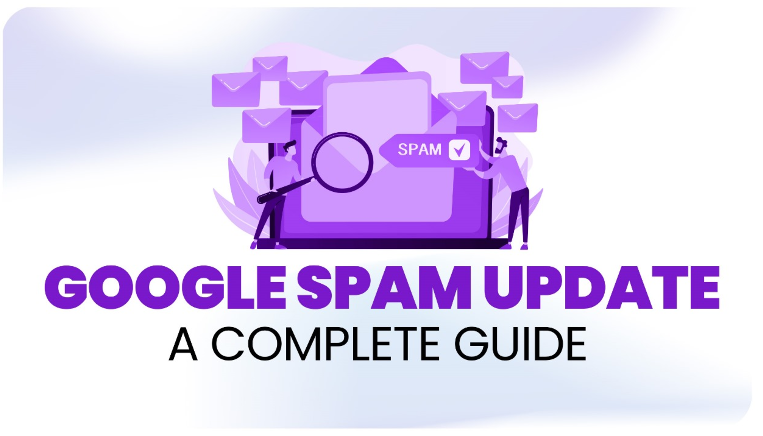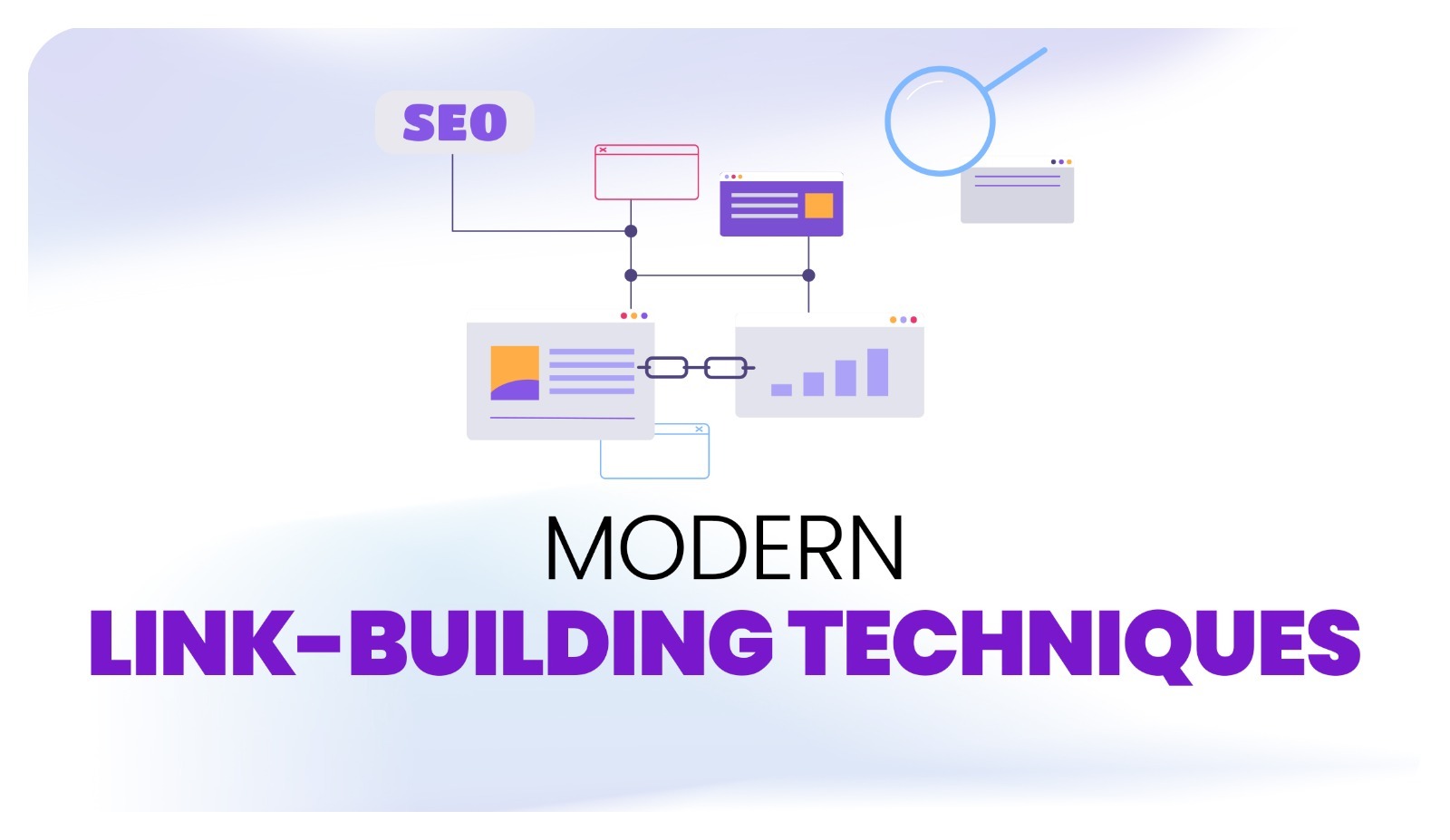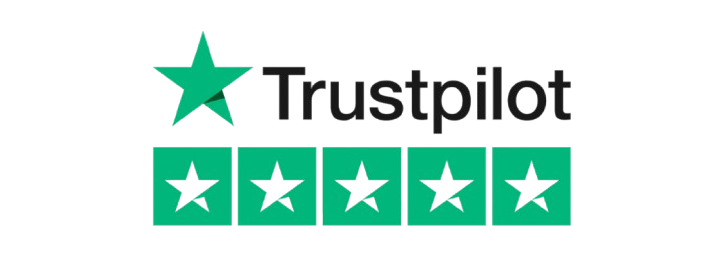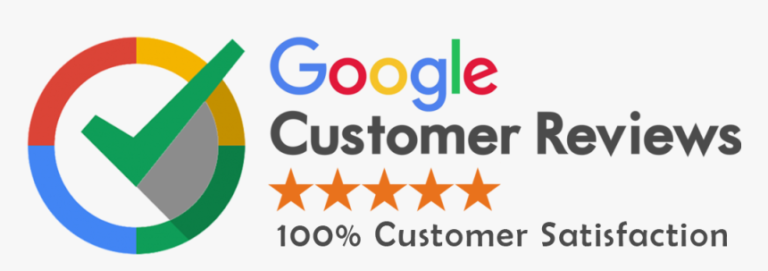Search engines, especially Google, are improving their algorithms to provide better and more relevant results. There is a key framework Google uses, called E-E-A-T, which stands for Experience, Expertise, Authoritativeness, and Trustworthiness. By 2024, it will be mandatory for businesses to learn how to implement E-E-A-T if they are to enjoy or achieve better ranking results. Now it’s time to discuss in detail what each component of E-E-A-T means and how to apply it to your SEO strategy.
What is E-E-A-T in SEO?
When rating the quality of content, Google applies E-E-A-T, primarily for YMYL sites — those that address health, finance, or any field that determines a person’s quality of life, or, in other words, involves either money or life. Localized E-E-A-T means that the content you create is informative, authoritative, and relevant for users.
- Experience: Knowledge that is real, personal, and concrete, imparting new value to the content you provide.
- Expertise: The elaborated extent of information possessed in a given discipline.
- Authoritativeness: How reputable your site or author is in the industry.
- Trustworthiness: The stability of the content, to which professionalism and candor, therefore, predicate itself.
Showcasing Experience in Your Content
Experience is the last arm of Google’s E-E-A-T framework, and it’s highly effective. It is used whenever the author or site owner speaks from personal experience while addressing a specific topic. Some search engines reward users for sharing their first-hand experiences and personal tips because that is exactly what other users are seeking.
How to Leverage Experience for SEO

- Case Studies & Testimonials: Follow these guidelines: Use case studies whenever possible; include testimonials and customer references; indicate personal experience or first-hand information whenever possible.
- Product Reviews: Provide product demonstrations and overviews that depict real consumer experiences. Anecdotes, photos, and videos make the process more credible and are welcomed in the feedback.
- Interactive Media: Make your content more appealing by incorporating elements that demonstrate your experience in the topic you’re teaching.
Building Expertise in Your Niche
Specialization is essential for high rankings, especially in YMYL topics. Google aims to avoid content generated by bots claiming expertise without verifying that the writer is a true expert.
How to Build Expertise in SEO
- Author Credentials: Ensure authors have the necessary knowledge in the topics they post. Emphasize their credentials, licenses, and relevant experience.
- Regularly Update Content: Demonstrate authority by regularly updating content to keep it fresh and relevant to your industry.
- Niche Focus: Avoid being a jack-of-all-trades; specialize within a particular market. The more consistently valuable and relevant your content is to a niche, the more Google will view you as an authority.
Establishing Authoritativeness in Your Industry
Credibility increases both your position in search results and consumer confidence in your products or services.
How to Build Authoritativeness for SEO
- Earn Quality Backlinks: Securing backlinks from reputable sites within your niche is a clear indication of authority. Focus on getting backlinks from domains with high authority.
- Guest Blogging: Contribute to popular blogs in your industry. This increases your audience and signals to Google that you are an expert.
- Cite Reputable Sources: When citing data or facts, use industry reports or academic papers to boost credibility.
Building Trustworthiness in Your Content
Reliability is crucial, particularly for YMYL content. Misinformation can be dangerous for users if it’s incorrect.
How to Build Trust for SEO

- Use Clear, Accurate Information: Ensure your information is correct and not misleading. YMYL blogs require accuracy to guide users in the right direction.
- Use HTTPS: An SSL certificate (HTTPS) is a simple but effective trust indicator. Without it, Google may consider your site unsafe, and users may avoid it.
- Reviews & Testimonials: Encourage customers to write reviews and testimonials about their experiences with your products or services. Genuine user-generated content adds credibility.
- Transparency: Provide contact information, such as a phone number, address, or at least an email. Create an “About Us” page, and include a privacy statement and terms of use. This boosts user trust in your site.
User Experience (UX) as Part of E-E-A-T
Google places significant emphasis on user experience. A well-designed, user-friendly website helps build trust with both users and search engines. In 2024, enhancing website performance will be part and parcel of an E-E-A-T approach.
How to Enhance UX for Better SEO
- Mobile Optimization: Since Google has begun testing mobile-first indexing, ensure your site is responsive and optimized for mobile.
- Page Speed: Slow page speed negatively affects the user experience and search rankings. Regularly use Google PageSpeed Insights to monitor and improve your site’s speed.
- Clear Navigation: Make it easy for users to find information on your site. Good site architecture helps both users and search engines discover information more efficiently.
Content Authenticity & Originality
Content remains the cornerstone of any SEO strategy, including the E-E-A-T model. Google favors unique, relevant content. Plagiarized or “thin” content can result in lower rankings or penalties.
How to Create Authentic, Original Content
- In-Depth Articles: Create comprehensive, informative articles that feature original research.
- Unique Data: Conduct your own research or analyze cases that aren’t available on other sites, helping you stand out.
- Regular Audits: Periodically review your content to ensure everything is original and relevant. Remove or update duplicate or irrelevant content to signal to Google that you value high-quality content.
Transparency with Author Bio & Content Attribution
Google values the identity of content creators. Clear attribution, including an author’s background and their role in producing the content, helps build trust.
How to Use Author Attribution
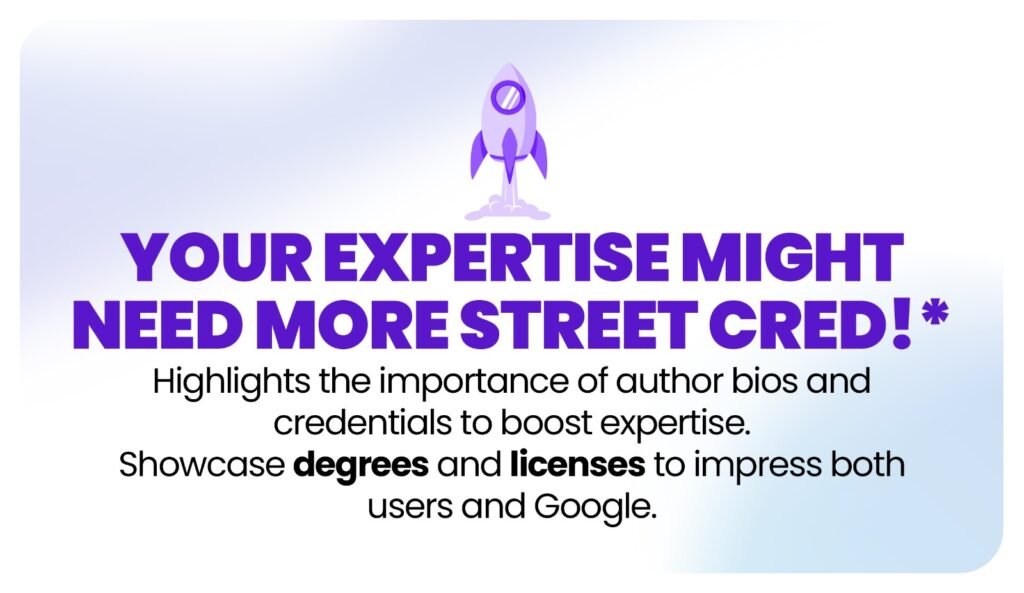
- Author Bio Pages: Create author profiles for each writer, highlighting their degree, specialization, and contributions.
- Schema Markup: Use schema markup to help Google understand your authors’ identities and professional backgrounds.
- Guest Post Attribution: When inviting guest bloggers, include the author’s bio along with their specialty.
Conclusion
As we move into 2024, E-E-A-T will play a bigger role in SEO than ever before. Ranking factors like Experience, Expertise, Authoritativeness, and Trustworthiness will help you improve your rankings while creating lasting value with users and search spiders. These principles should form the foundation of any SEO strategy, especially for YMYL sites and informational blogs. When you apply E-E-A-T to your content, you’ll not only meet Google’s requirements but also build a brand that stakeholders view as credible.
FAQs
What is E-E-A-T in SEO?
E-E-A-T stands for Experience, Expertise, Authoritativeness, and Trustworthiness. It’s a framework Google uses to evaluate the quality and reliability of content.
Why is E-E-A-T important for SEO?
Google relies on E-E-A-T to determine the reliability and informativeness of content, especially for YMYL topics like health and finance, which impact users’ well-being.
How does Google measure Experience in content?
Google values content based on real experiences, case studies, product reviews, and other first-hand knowledge that shows practical application.
Can I rank higher by focusing on Expertise?
Yes, demonstrating expertise through qualified authors and well-researched content can help improve your rankings.
How can I build Authoritativeness for my website?
Secure quality backlinks, write guest posts for authoritative blogs, and build a reputation for providing valuable information in your niche.
What are some ways to improve Trustworthiness in SEO?
Use SSL for security, cite accurate sources, include author bios, and provide clear contact information. Customer reviews also enhance credibility.
Does User Experience (UX) affect E-E-A-T?
Yes, UX elements like site speed, ease of navigation, and mobile responsiveness positively impact E-E-A-T and search rankings.
How does content originality relate to E-E-A-T?
Google values original content backed by research and expertise. Avoid rewording existing articles and focus on creating unique, informative content.
Can small businesses benefit from E-E-A-T?
Absolutely! Small businesses can improve their rankings by focusing on niche specializations, linking to authoritative sites, and maintaining transparency in their operations.
Is author attribution necessary for E-E-A-T?
Yes, including author bios and using schema markup to highlight their expertise helps Google and users recognize the credibility of your content.


